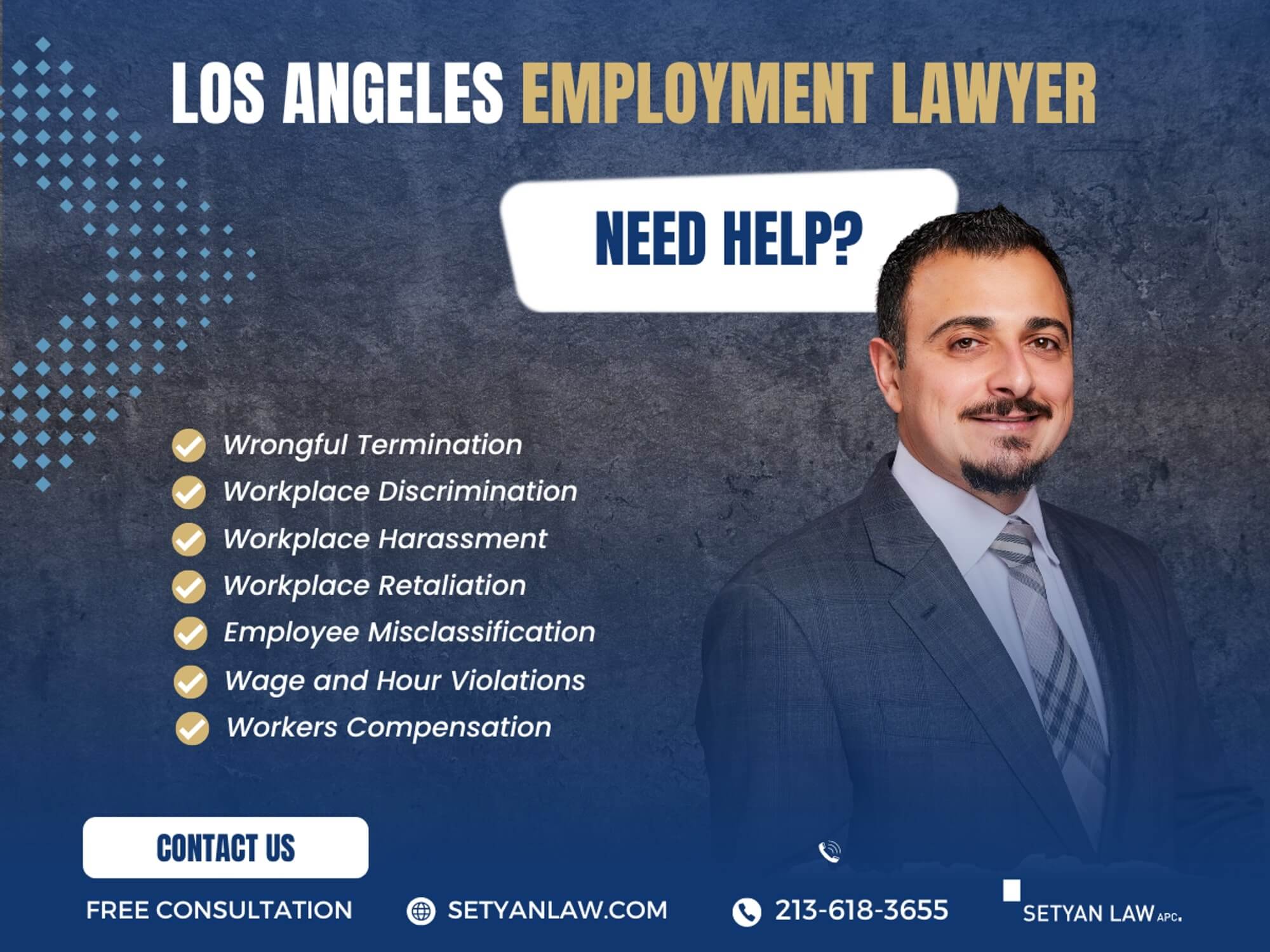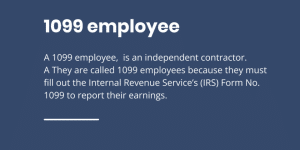Updated March 26, 2025
Crime Victims Leave in California: Rights, Protections, and Legal Recourse
In California, the legal framework surrounding crime victims leave provides essential protections for employees who have experienced crime-related trauma. This article will guide you through the intricacies of these rights, the processes involved in taking leave, and the steps to take if your rights are violated.
Overview of Crime Victims Leave
Crime victims leave refers to the time off granted to employees who are victims of a crime or whose family members have been victimized. This leave allows individuals to attend court proceedings, seek medical attention, or access counseling services related to the crime. The California Labor Code outlines these provisions, ensuring that victims can focus on their recovery without the added stress of workplace repercussions.
Key Provisions
Types of Leave: Employees may take leave for:
- Judicial proceedings related to the crime.
- Medical appointments or counseling sessions.
- Safety planning or relocation efforts.
Eligibility: Victims of various crimes, including domestic violence, sexual assault, and stalking, are eligible for this leave. Additionally, immediate family members of victims are also entitled to take time off.
Employer Responsibilities: Employers with 25 or more employees must provide reasonable accommodations for victims, which may include flexible work schedules or changes in job duties to ensure safety.
Rights of Crime Victims in California
In California, victims of crime are afforded specific rights under the law. Understanding these rights is crucial for employees who may need to take time off due to crime-related issues.
Protected Activities
Employees are protected from retaliation when they engage in the following activities:
- Taking time off to attend court hearings.
- Seeking medical or psychological help.
- Requesting adjustments in the workplace for safety.
Non-Retaliation Clause
Employers cannot retaliate against employees for exercising their rights under the crime victims leave laws. This means that actions such as demotion, termination, or any form of discrimination due to taking leave are illegal.
Filing a Claim for Retaliation
If you believe that you have been retaliated against for taking crime victims leave, it is essential to understand the process for filing a claim.
Steps to File a Claim
- Documentation: Gather evidence that shows the timeline of events, including your leave request and any disciplinary actions taken by your employer.
- File a Complaint: Submit your claim to the California Civil Rights Department (CRD) or the Labor Commissioner’s Office. This must be done within one year of the retaliatory action.
- Investigation: The CRD will investigate the claim, interviewing you, your employer, and any witnesses.
Possible Outcomes
If the investigation finds that your rights were violated, potential remedies may include:
- Reinstatement to your original position.
- Compensation for lost wages.
- Removal of any negative references from your personnel file.
Understanding the Leave Process
Taking crime victims leave involves specific procedures that must be followed to ensure compliance with state laws.
Notice Requirements
Employees are required to provide reasonable notice to their employers when planning to take leave. If the leave is unexpected, such as in a crisis situation, documentation may be requested afterward.
Acceptable Documentation
Documentation that may be required includes:
- Police reports.
- Court orders.
- Medical documentation from healthcare providers.
Utilizing Paid Leave
Employees may use accrued paid leave, such as vacation or sick days, during their time off. However, even if you do not have paid leave available, you are still entitled to take time off without fear of retaliation.
Legal Protections for Victims of Domestic Violence
California law provides additional protections specifically for victims of domestic violence, sexual assault, and stalking.
Reasonable Accommodations
Victims can request reasonable accommodations from their employers to ensure their safety. This may include:
- Changing work schedules.
- Altering job responsibilities.
- Providing additional security measures at the workplace.
Confidentiality Obligations
Employers are required to keep information regarding an employee’s status as a victim confidential, disclosing it only with the employee’s consent or as required by law.
Recent Legislation
Recent legislative changes have expanded the protections available to crime victims in California. Notably, Assembly Bill 2992 and Assembly Bill 2499 have introduced significant updates to existing laws.
Assembly Bill 2992
This 2020 legislation expanded protections by:
- Prohibiting retaliation against victims of any misdemeanor or felony crime.
- Allowing documentation from victim advocates as legitimate proof for leave requests.
Assembly Bill 2499
Effective in 2024, this bill further strengthens protections by:
- Ensuring that employers with 25 or more employees cannot retaliate against individuals for taking leave related to being a victim or assisting a victim.
- Mandating that employers inform employees of their rights under this law.
Resources for Victims
If you are a victim of a crime and need assistance, several resources are available to help you navigate your rights and options.
Support Organizations
- Crime Survivors Resource Center: Offers resources and advocacy for crime survivors.
- California Office for Victims of Crime: Provides information and support for victims of crime.
- Local victim services organizations: Many communities have organizations that offer counseling, legal assistance, and support groups.
Legal Assistance
Consulting with an attorney who specializes in employment law can provide you with guidance tailored to your specific situation. Legal professionals can help you understand your rights and navigate the complexities of filing a claim for retaliation.
Conclusion
Understanding your rights as a crime victim in California is essential for protecting yourself in the workplace. The laws surrounding crime victims leave are designed to support employees during challenging times, ensuring they can focus on recovery without fear of retaliation. If you believe your rights have been violated, don’t hesitate to seek legal assistance to explore your options for recourse. Remember, you are not alone, and there are resources available to help you through this difficult time.
Call Setyan Law at (213)-618-3655 to schedule a free consultation.






